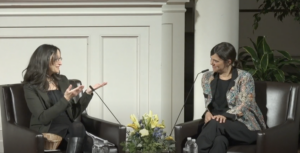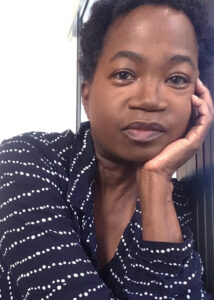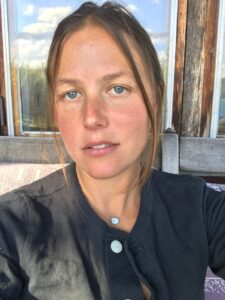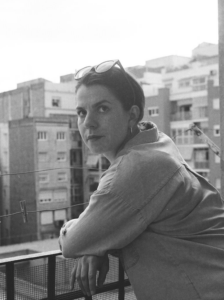Content warning: This interview discusses death by suicide.
 |
 |
MELODY NIXON and RUSHI VYAS first met at a 2020 poetics seminar hosted by the University of Otago, where Vyas is completing a PhD in Poetics. Since that meeting Nixon and Vyas have exchanged thoughts on poetry, grief, and their own experiences of parental death by suicide as they each became new parents themselves.
This conversation distills some of those themes in relation to Vyas’ 2023 chasmic collection When I Reach for Your Pulse (Four Way Books and Otago University Press), which was a two-time finalist for the National Poetry Series and is currently longlisted for New Zealand’s Ockham Book Awards. Vyas is also co-author of the collaborative chapbook Between Us, Not Half a Saint with Rajiv Mohabir (Gasher Press, 2021). Born in Toledo, Ohio, Vyas now lives in Ōtepoti Dunedin, Aotearoa New Zealand, while Nixon lives on another Aotearoa island in Te Whanganui-a-Tara, Wellington.



















 .
. 


